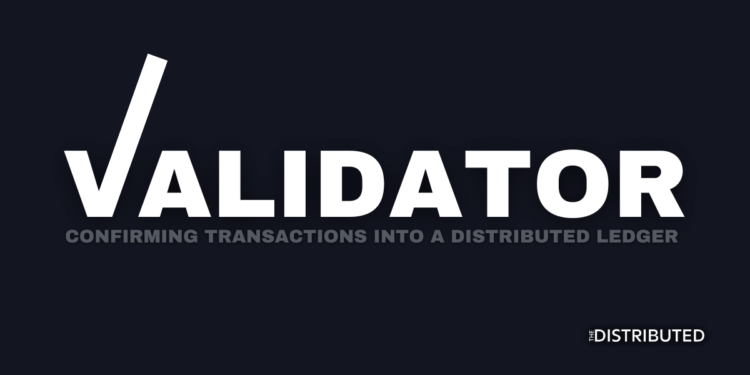What Is A Validator?
A validator is a node responsible for validating transactions within a blockchain network, recording them on the distributed ledger.
A node is a point of communication in a peer-to-peer system, with various types of them existing. In our case, validator nodes communicate vital information about transactions.
Validator nodes are a part of Proof-of-Stake (PoS) consensus mechanisms, they solve complex mathematical problems for the right to confirm which transactions are valid. In return for doing this, they’re compensated with the blockchain’s native token.
It is through consensus participation that they gain the right to validate a transaction.[1]Radix – What Is A Validator Node? Participation with the consensus is gained through staking the blockchain’s native token. Staking tokens to validate transactions adds to the decentralization of a system as it isn’t limited by hardware and energy for the average user.
References



